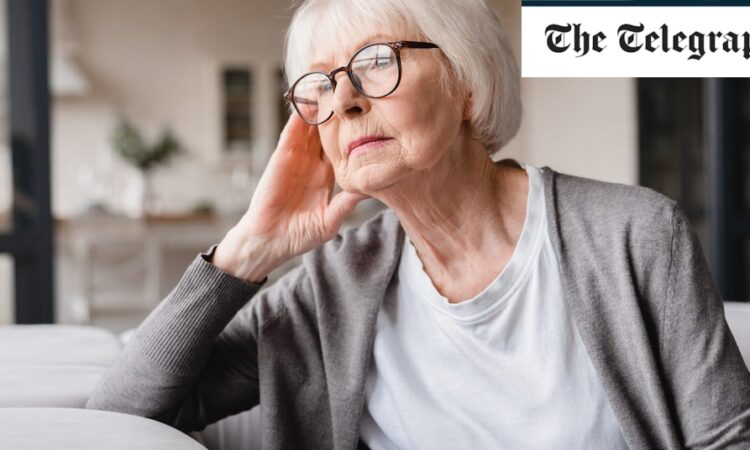
Here’s the problem, however. Pensioners are suffering more than any other single group.
Analysis by the Resolution Foundation this week found that the 8.5pc rise in the state pension this year would leave the average recipient only £190 a year better off once rising prices were taken into account.
Even worse, that would be almost entirely wiped out by the Chancellor’s six-year freeze on income tax thresholds, meaning that once the figures are totted up they will only have £20 a year more to spend.
By contrast, the Foundation found that a parent earning £60,000 a year, hardly a fortune for anyone bringing up a family, will be £900 a year better off because of the cuts in National Insurance (NI), which pensioners don’t benefit from because they don’t pay it.
At the same time, increasing the level at which parents have to start paying back child benefit to £60,000 will boost their earnings by £1,300 a year. Add it all up and the Chancellor has clearly been prioritising the interests of the thirty-somethings over the septuagenarians – even though millennials are unlikely to thank him for it.
It doesn’t stop there. Slashing the allowances on dividends will hit pensioners harder than any other group. Only the elderly have share portfolios of the size that means dividends account for a significant share of their annual income.
The rise in council taxes, going up by more than 5pc annually, hits the elderly – with their own, larger homes – harder than any other group. Stagnant house prices, as the Bank of England pushes up interest rates, also means they can’t cash in on the value of their property in the way that they once could.






